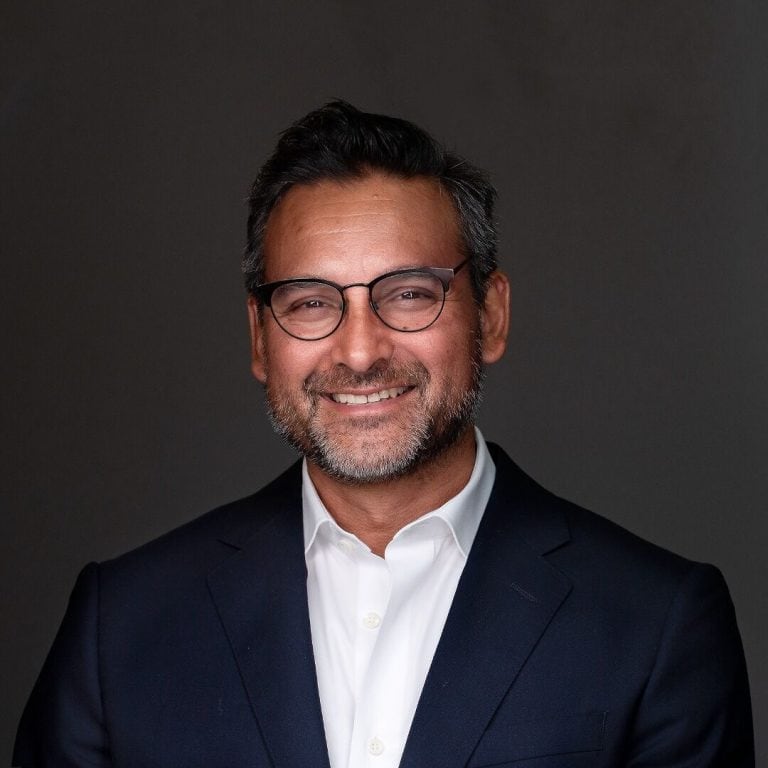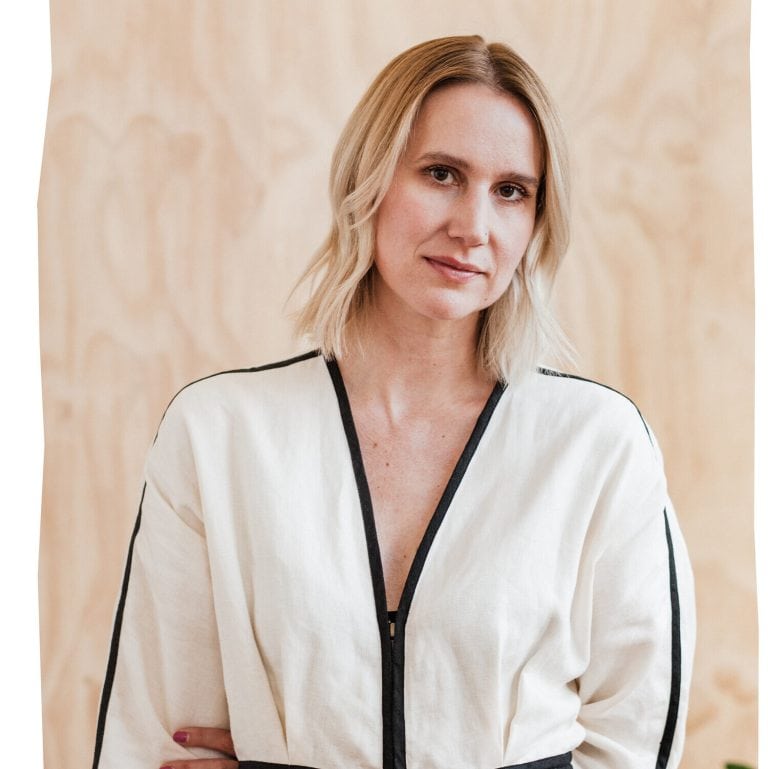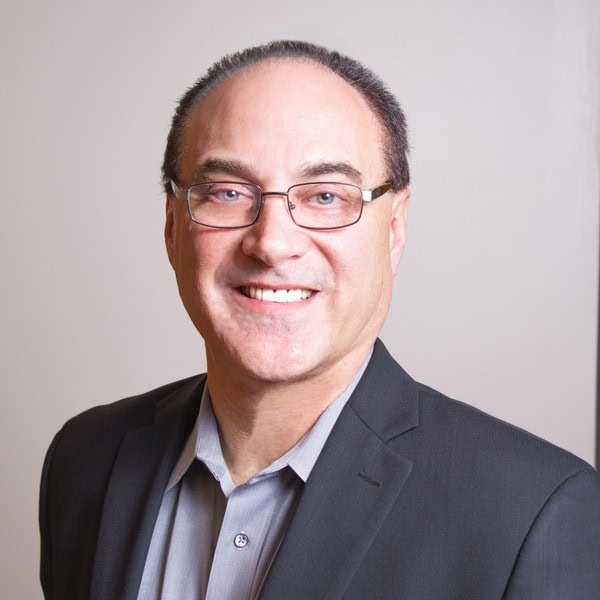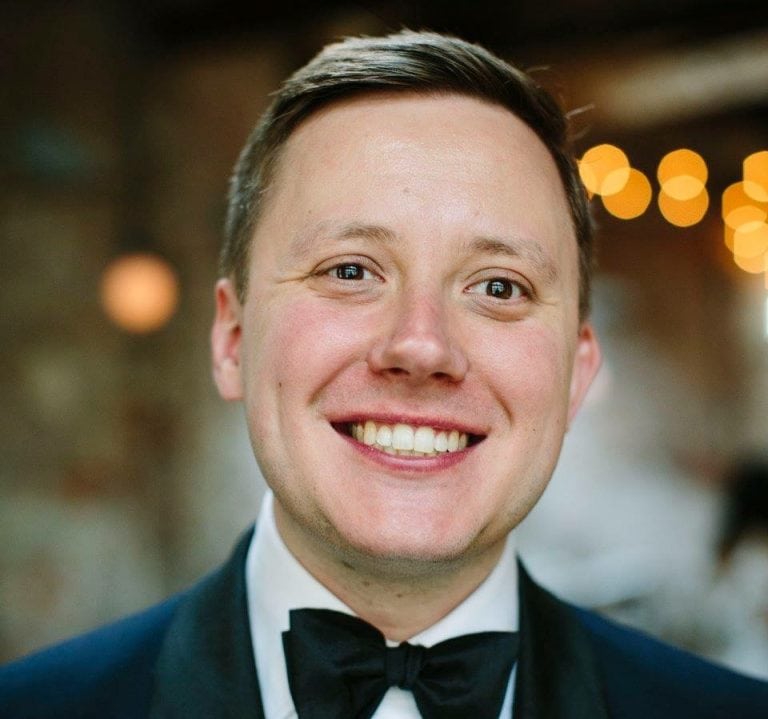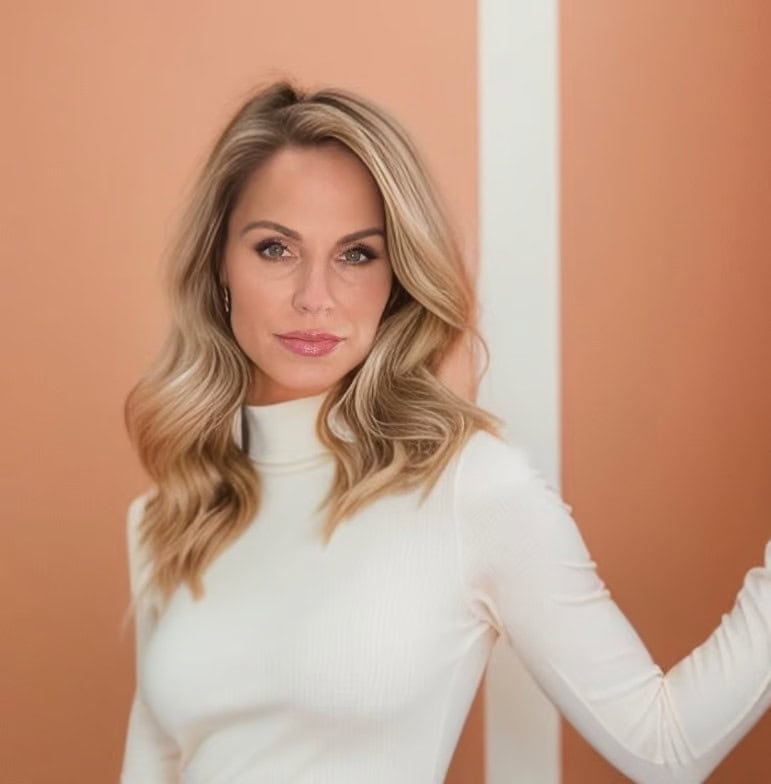
December 16, 2020
Nicole Saphier, Author of “Make America Healthy Again”
I’ve been off the air for a while—personally recovering from COIVD-19—and with Pfizer shipping vaccines to a provider near you, the largest vaccination rollout in U.S. history, I talked with Dr. Nicole Saphier about the question on the year: should you get the shots?
Author of the new book Make America Healthy Again, Fox News guest anchor and board-certified radiologist at Sloan Kettering Cancer Center, Nicole has unique perspectives about who should get the vaccine, why she will not, why her husband (also a doctor) will, and what about their children.
Before you (U.S. listeners) head to your local CVS, Walmart or Walgreens, you should know Pfizer and Moderna are two shot deliver systems and require the second injection two or three weeks after the first. According to Pfizer research, the immunity skyrockets after that second injection to about 95% effective. Nicole states that there will likely be a limited supply of coronavirus vaccines at first, so “determining who has already had COVID-19 is crucial.”
Recent studies show antibodies for people who have been exposed to the virus, like me, would likely be present for about four to five months, at least. And with limited vaccine supply, we want to make sure that we are vaccinating the vulnerable, those who have no level of immunity to this virus and who are most at risk for being hospitalized or dying, starting with caregivers, health care workers and other people deemed as “essential” employees. A year into this and there are still a lot of unknowns and unanswered questions about the virus, and potential side effects of the vaccines.
Luckily, children are less vulnerable to coronavirus’s effects, but they can still be infected. According to Nicole, kids can also transmit the virus, but children have not been included in the clinical trials that are being put forth right now. Therefore, Nicole recommends children not to take the vaccine now–but rather get the flu shot to help keep people and children out of hospital.
Older adults and patients with underlying health conditions should get first dibs on a new vaccine because, for them, getting sick is more likely to be serious or fatal. She also adds that frontline health care workers, nursing home residents and high contact essential workers will get the first doses, like Long Island Jewish Medical Center nurse Sandra Lindsay, who said “I feel hopeful today. Relieved,” after she was the first one to receive a shot in America.
“I would encourage as many people as possible to get the vaccine, especially if you are over the age of 55. If you are over 55 and have comorbidities and obesity, you should absolutely get the vaccine,” says Nicole.






